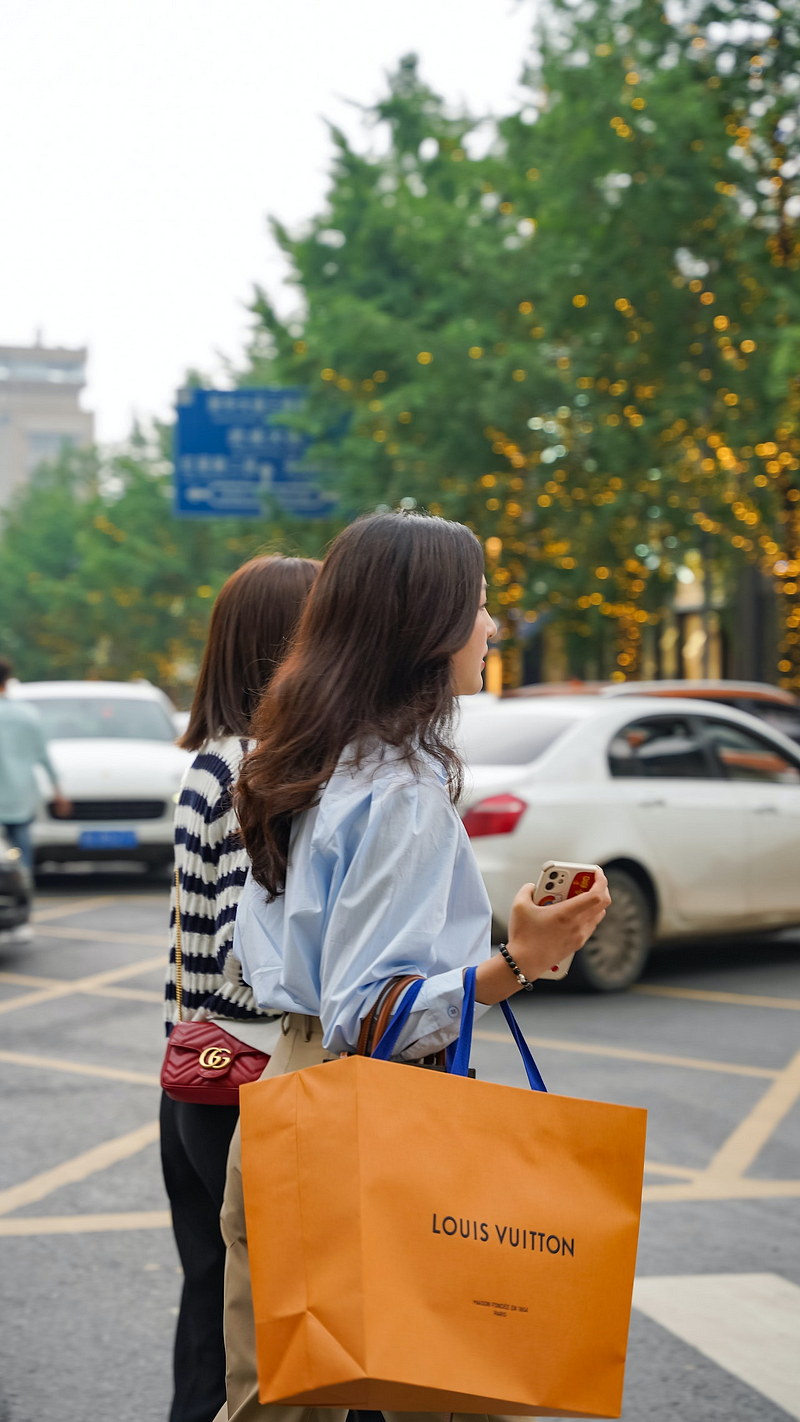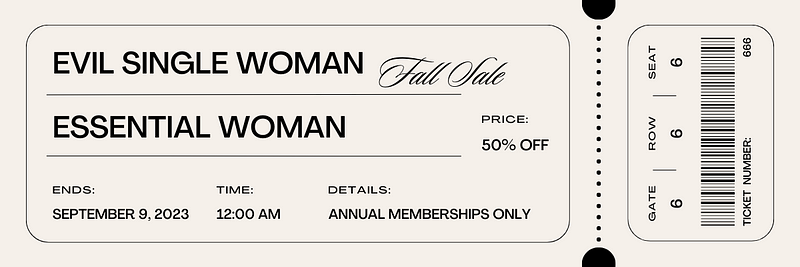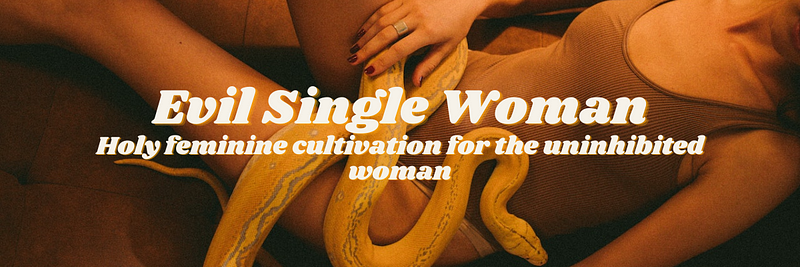Finding True Healing Beyond Retail Therapy: A Journey
Written on
Understanding the Trap of Retail Therapy
Shopping often comes at a cost—one that affects not just your finances, but also your emotional well-being and personal growth.

Credit: Joy Xu via Pexels
Ladies, as someone who once struggled with compulsive shopping, I have a message for you today: It’s time to put that credit card down. Seriously. You don’t need to fill the void of sadness with the temporary high that comes from buying another handbag, another pair of shoes, or another set of discounted lingerie.
Moreover, consider whether those brunches with friends are truly about meaningful connections or just another form of distraction. Instead of deep, heartfelt conversations over mimosas and Eggs Benedict, brunch often turns into a social event filled with gossip and tales of fleeting romances.
While I’m not suggesting you shouldn’t enjoy life or treat yourself, let’s be honest—many of our shopping habits act as mere distractions, cleverly marketed as fun ways to ease our emotional struggles. This cycle only intensifies the emotional wounds we avoid addressing, which could be better healed through introspection rather than through shiny shopping bags or leftover brunch items that end up forgotten in the fridge.
Reflecting on My Journey
I know this all too well. Growing up, my mother wielded financial control over me, using shopping as a means to manipulate and create feelings of inadequacy. Promises of shopping trips were often dangled as rewards for compliance with her expectations, only to be withdrawn at the last moment.
This dynamic was not just hurtful—it left a void in my soul that I was determined to fill once I gained independence. When I started working at 15, what was meant to be an innocent summer job evolved into a rebellion against my mother’s control. The thrill of spending my own money became addictive, and my shoe collection exploded as I indulged in my newfound financial freedom.
Even in college, I found myself juggling work and studies, all to sustain my shopping habit. But the mindset of "money equals power" grew into a reluctance to ask for help, leading me to a point of temporary homelessness after I moved to New York City with a mere $300, having squandered my savings.
Lessons from Hardship
Despite securing a job at a prestigious law firm, my spending habits didn’t change. I continued to live paycheck to paycheck, often rationing cheap food just to get by. The emotional pain I had ignored continued to fester, and no matter where I went, my childhood wounds followed me.
It was only a few years ago that I decided I was done with the exhausting cycle of pretending to have it all while feeling utterly empty inside. I challenged myself to avoid shopping for an entire year, only allowing expenses for rent, food, and essentials. The initial months were tough, but I learned to replace shopping with activities that truly nourished my soul—spending quality time with loved ones, enjoying nature, or confronting my inner struggles head-on.
Through this process, I discovered that I was perpetuating the same harmful habits I had witnessed in my mother, who also used shopping as a remedy for emotional pain. This realization highlighted a generational cycle that left me feeling both uplifted and empty.
Breaking the Cycle
The title of this piece reflects a trend among young women who humorously label themselves as immature for not being able to stop shopping when feeling down. While it may seem lighthearted, it points to a deeper societal issue where businesses thrive on our pain. It’s essential to enjoy spending money, but not at the expense of our emotional healing and growth.
So, I urge you to set aside your credit card this weekend. Instead, grab a journal and take a moment to reflect on your feelings. Embrace your emotions rather than hiding them behind a façade of retail therapy.




